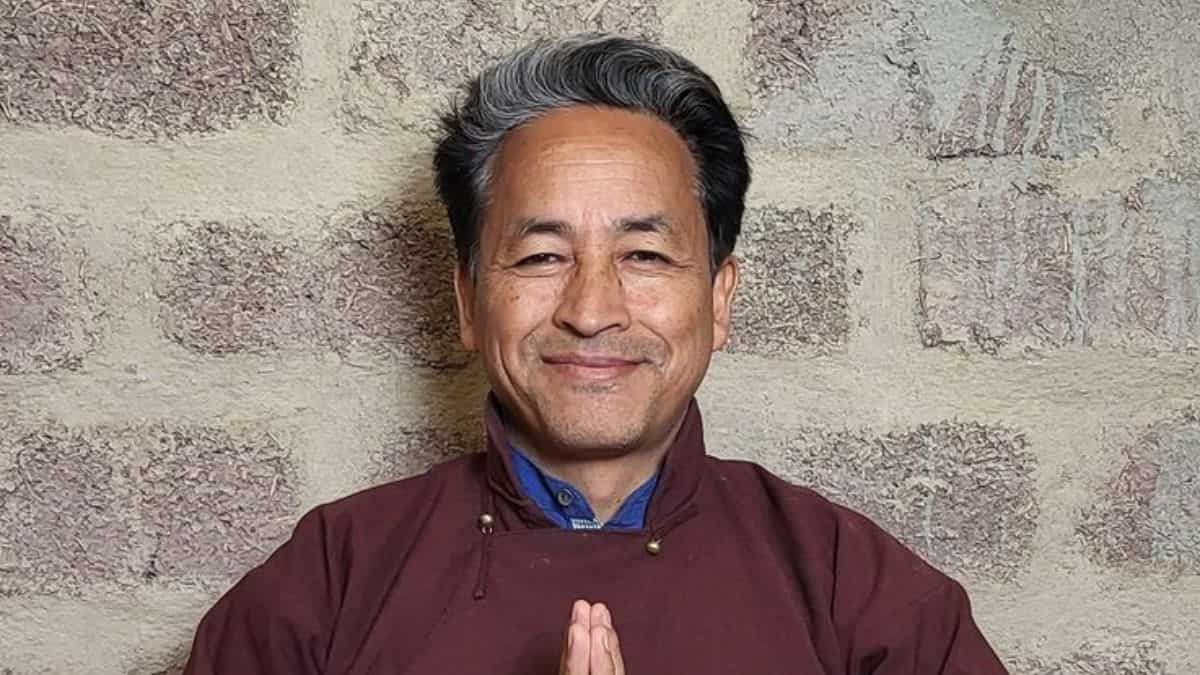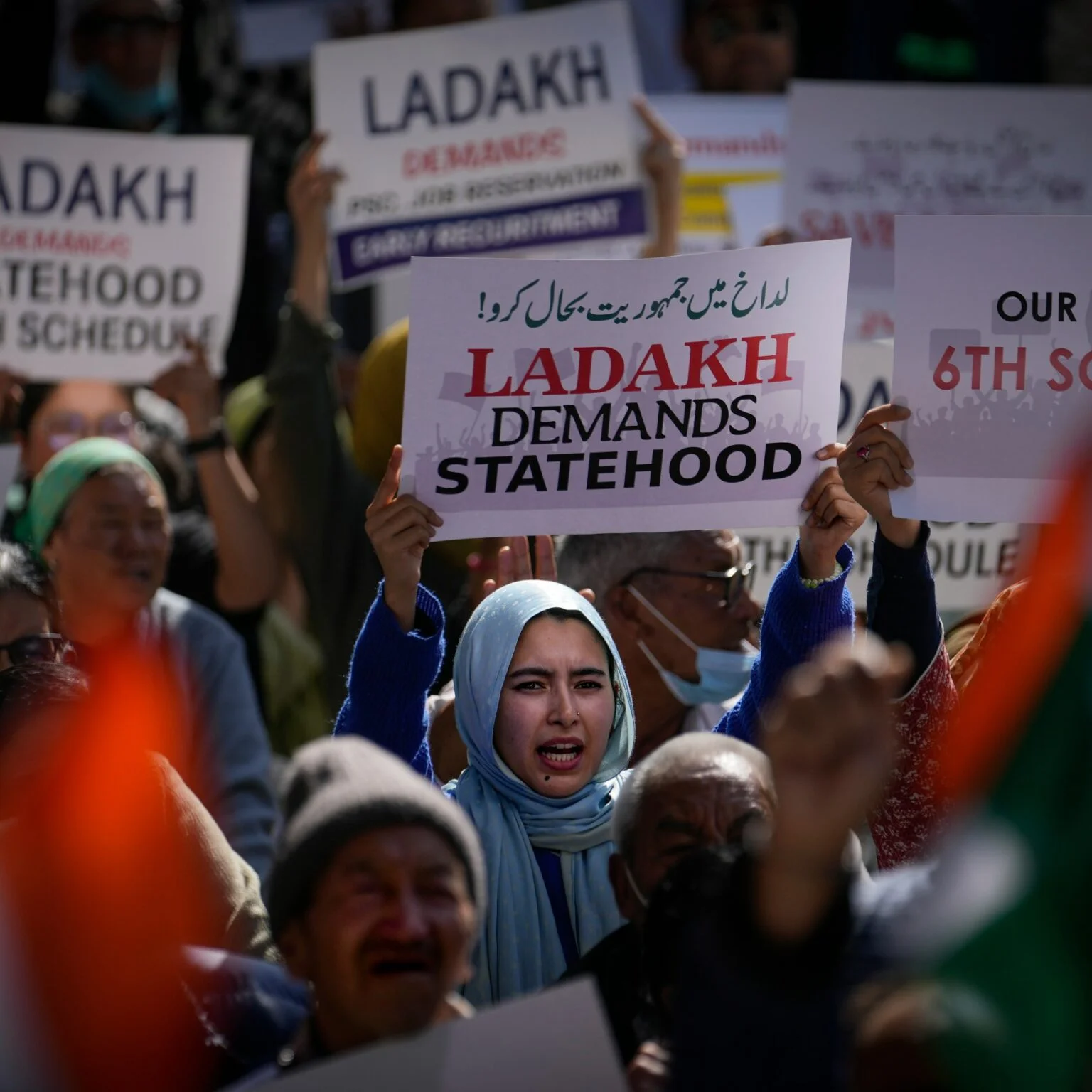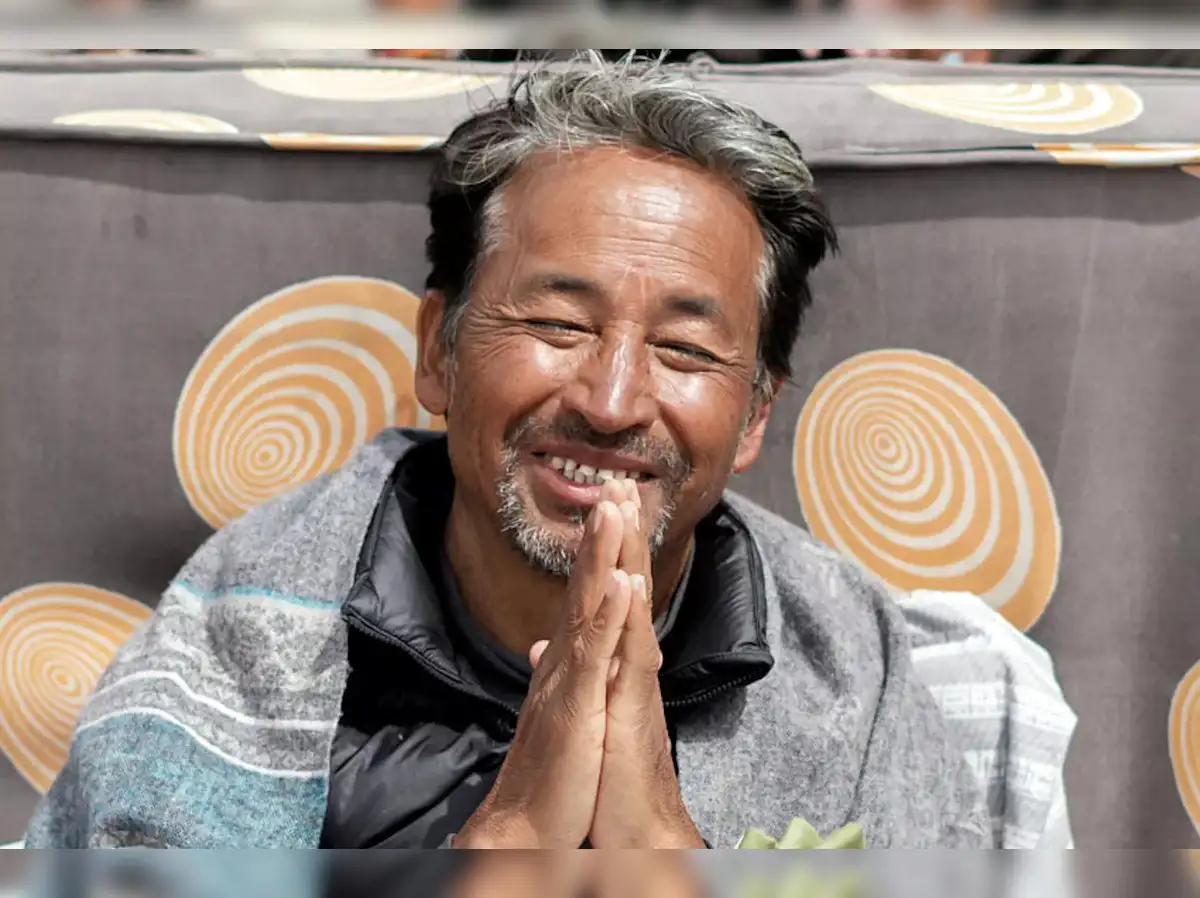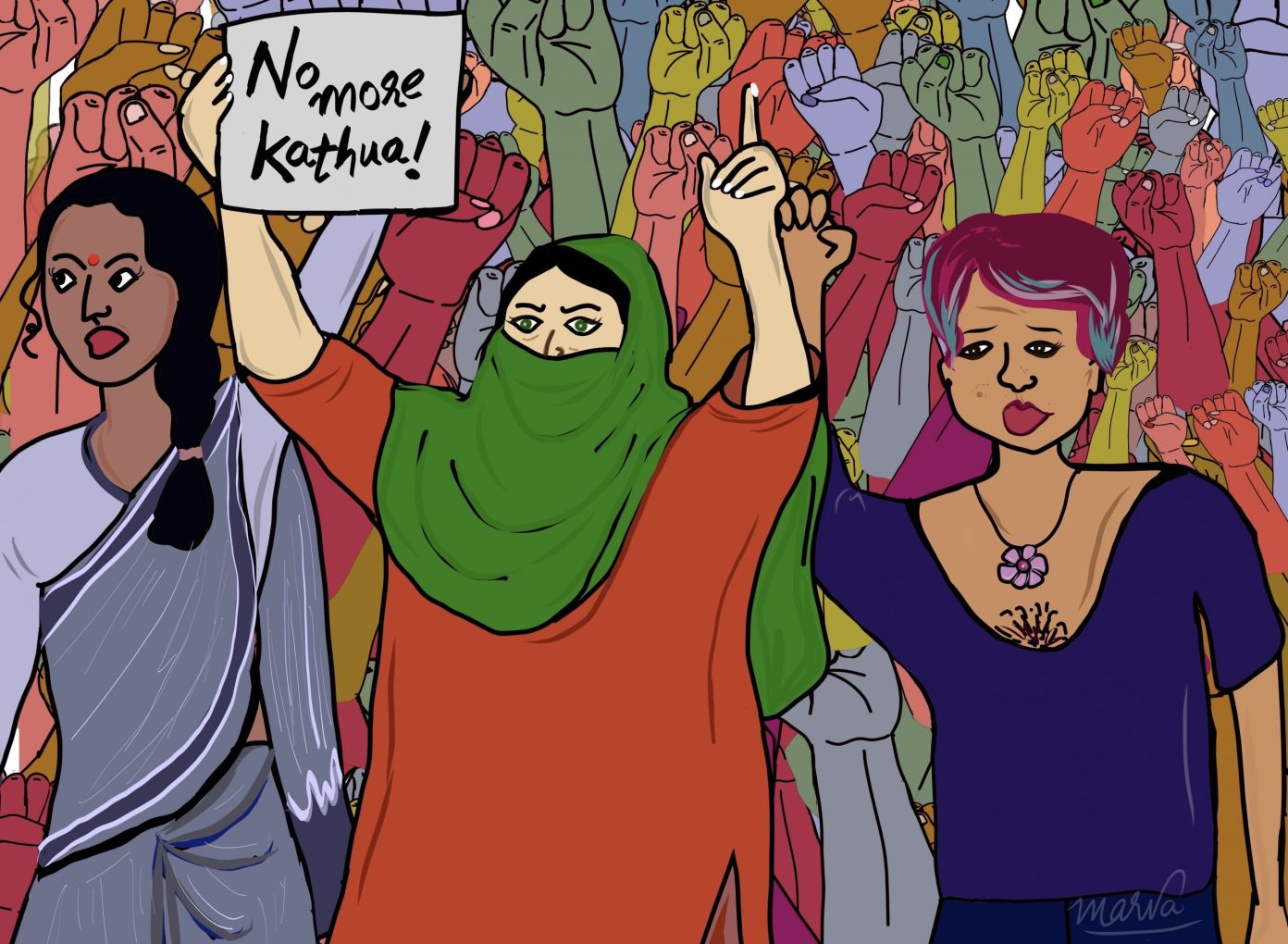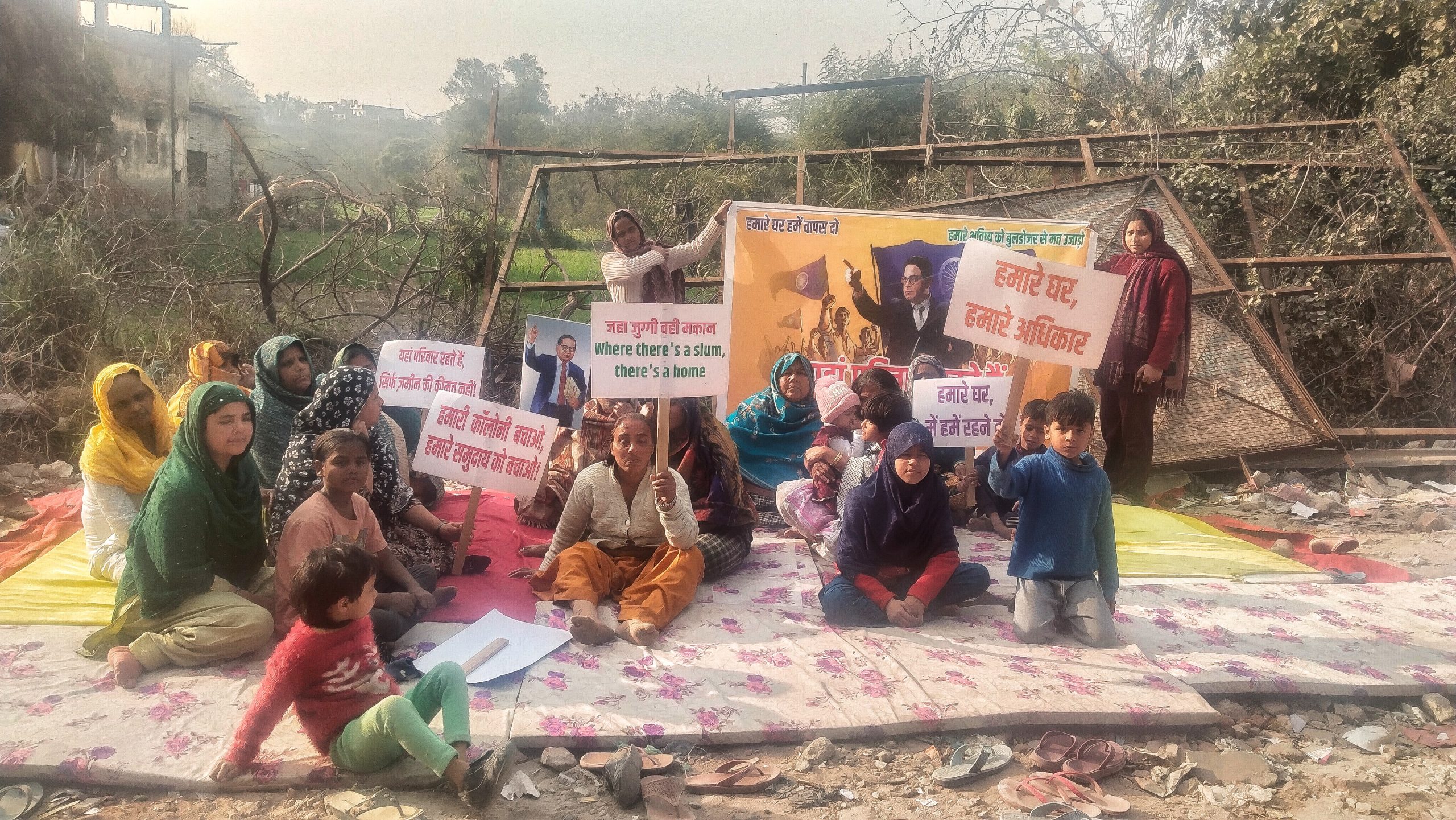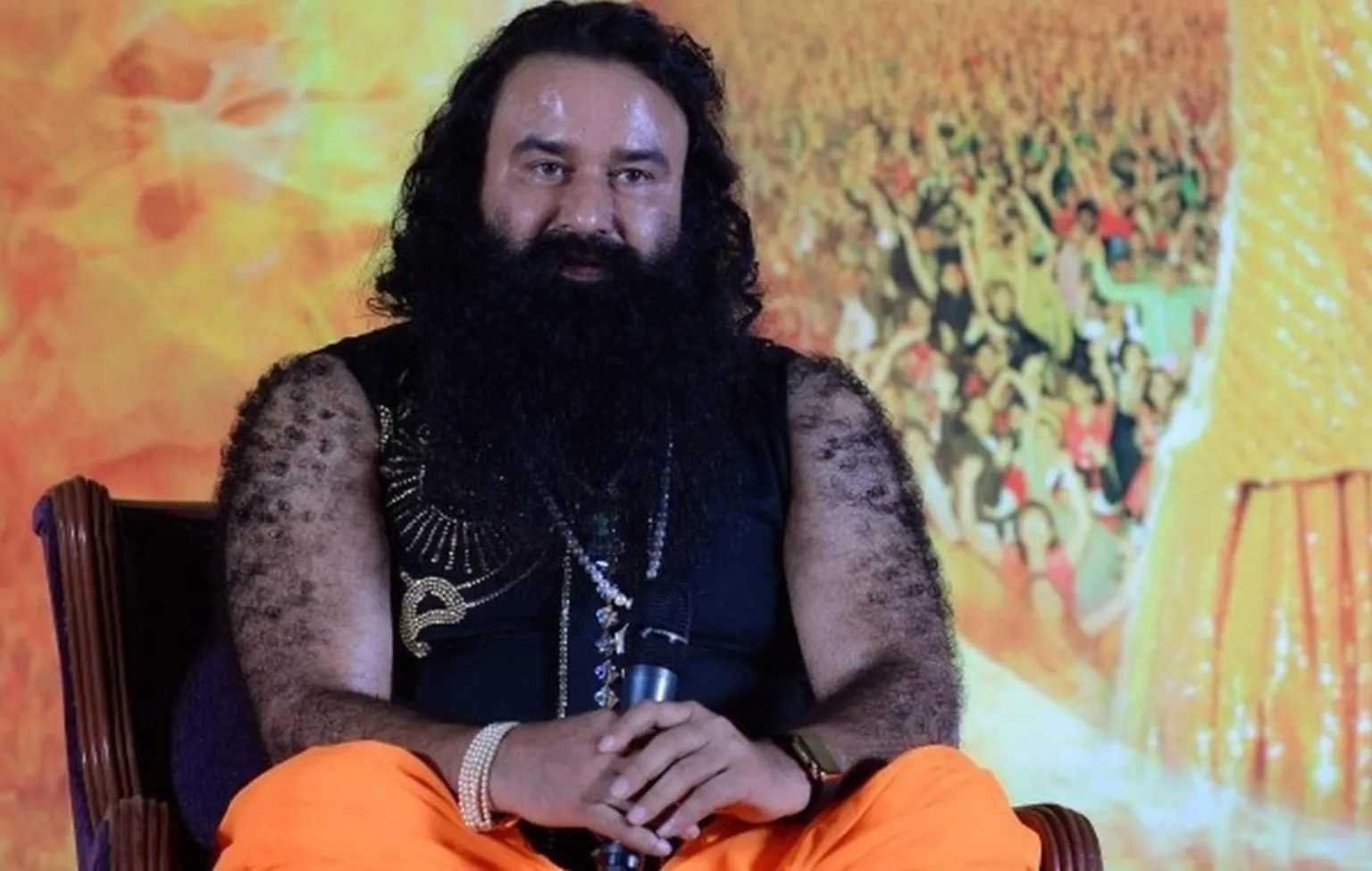In a distressing act aimed at curbing state dissent and activism, the recent arrest and detention of Sonam Wangchuk under the National Security Act (NSA) has drawn widespread condemnation for the arbitrary nature of the arrest, raising questions about the state of democracy in India. Sonam Wangchuk, whose work has won him global acclaim, is an astounding innovator, educator, and social reformer.
For ages, states have used preventive detention as a tool to silence oppression and dissent against their machinery, illegitimising the act of mobilisation for change. The constitutionality of Sonam’s arrest also brings to light a significant aspect of grappling with the state in legal discourse -to what extent can the state exercise its agency upon the individual, curbing individual liberty in the guise of state security and sovereignty?
Why is Ladakh seething?
In recent weeks, Jammu and Kashmir, Ladakh, and Pakistan-Occupied Kashmir have been rocked by anti-government protests for statehood and greater recognition, each with its unique set of challenges and aspirations, putting a halt to the prolonged sabbatical of relative peace in the valley. Originally part of the Dogra-ruled princely state before independence, these protests date back to the landmark abrogation of Article 370 by the center on August 5, 2019, which granted statehood to Jammu and Kashmir while separating the Ladakh valley from the region, thereby granting it the status of a union territory.
First beginning in September 2020, it now marks five years since the unrest in the region of Ladakh, which has been plagued by political uncertainty as well as a sense of betrayal over not being granted statehood, prompting calls for Sixth Schedule protection of Ladakh. That statute allows parts of India that are predominantly inhabited by Indigenous tribes to have autonomous administrative and governance structures. It wasn’t until the protests assumed a violent contour that the government began to see the real threat to its sovereignty and loss of power and control over the region, consequently resorting to what states do best—de-escalating to a policy of repression.
When a hunger strike spearheaded by Wangchuk, following 15 days of peaceful protest, metamorphosed into collective rage expressed by torching the BJP’s headquarters in Leh, the state’s iron-fisted nature came to the forefront once again, as it launched a massive crackdown on the protestors, arresting nearly 80 of them. Section 163 of the Bharatiya Nyaya Sanhita was also imposed in the region, barring the assembly of five or more people.
State machinery and hegemony: how the NSA is a tool of legal oppression against activists like Wangchuk
Sonam Wangchuk’s arrest under the National Security Act (NSA) on September 26 is a blatant reminder of state hegemony in manufacturing consent through coercion. Time and again, preventive detention has proved to be a useful tool for retaining state power indirect expression of authority. The roots of the act are traceable to the colonial footprints of the Rowlatt Act, deployed by the British, arbitrarily arresting anyone on grounds of suspicion of harming state sovereignty and integrity. Under the act, the state can detain someone on grounds of proven suspicion by a three-member committee for a period of 0-12 months subject to extension.
Under the act, the state can detain someone on grounds of proven suspicion by a three-member committee for a period of 0-12 months subject to extension.
The law is a vindictive downplay of the Constitution’s spirit, brutally attacking Article 19, granting freedom of expression and the freedom to mobilise peacefully without arms, as well as Article 21, guarding the individual right to life and personal liberty against arrest and detention. Right from the emergency to contemporary events of unrest, whether in the JK valley or the northeastern parts of India, the NSA has been potentially misused by the state to curb dissent and democratic activism. This holds a mirror to the extent to which the idea of “nationalism” is in shambles today, the entire idea constructed from a superficial vantage point to privilege those benefiting from it, while quietly unleashing a regime that enforces silence on the oppressed.
Another significant aspect of Wangchuk’s arrest has been the insitutionalisation of the media machinery as puppets in the hands of the state, all collectively involved in the defamation of Wangchuk through “libel.” He has also been framed as the face of Aamir Khan’s character Phunsukh Wangdu in 3 Idiots, an unconventional genius defying traditional norms with unmatched brilliance, inviting further state contemplation.
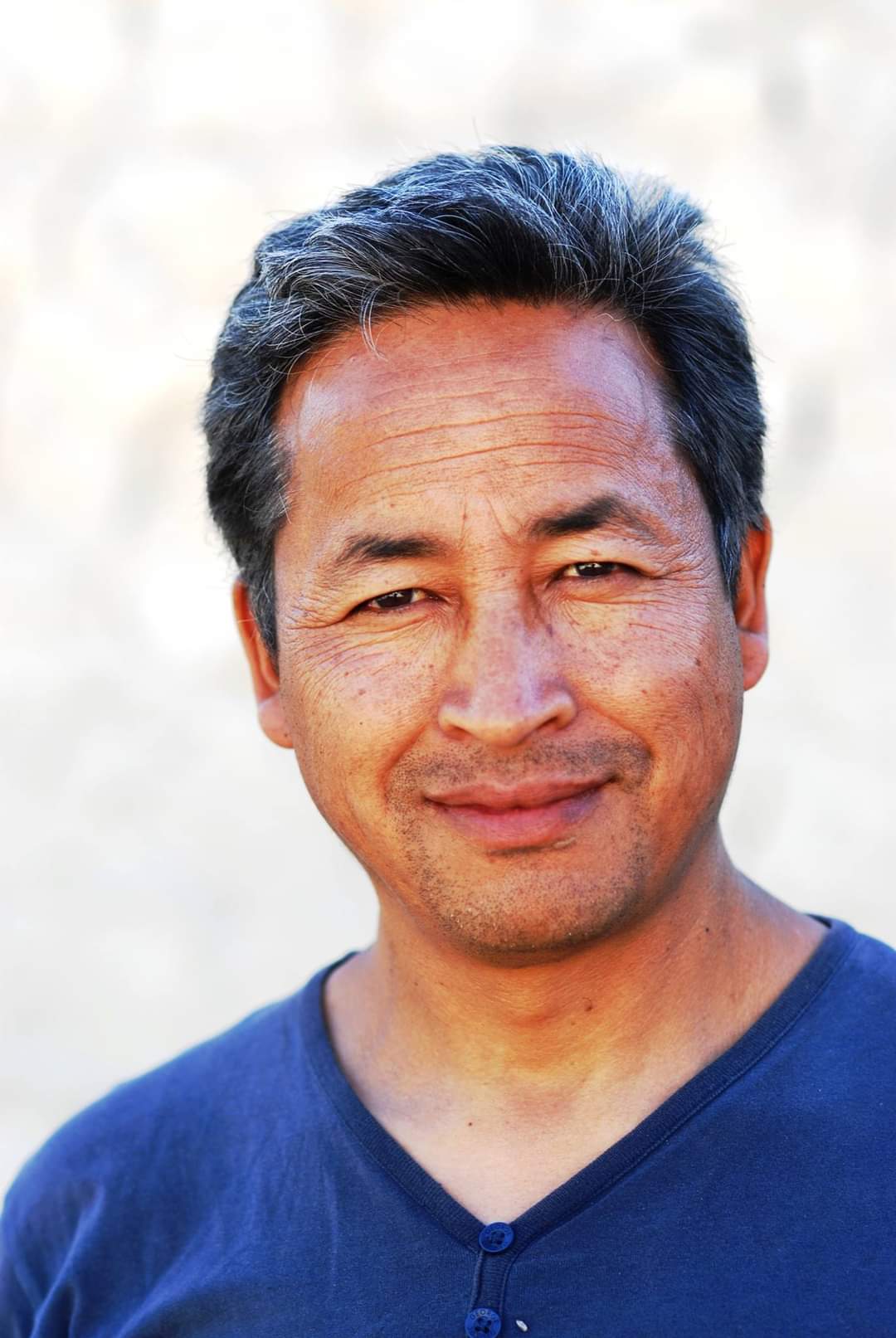
From demonstrating his alleged links with Pakistan to the circulation of purported videos on the internet spreading misinformation, the media today is no longer an independent and reliable tool for information access, instead turning into an agenda-setting tool for those wielding power and influence.
Death of democracy: dissent and activism in danger
Wangchuk’s descent from being an iconic hero in the eyes of the state, unequivocally an ambassador of nationalism—to a traitor threatening peace and security raises important questions about activism and its selective manipulation. His contributions can’t be overstated, for his role in the educational and cultural reform movement in Ladakh during 1988, cofounding the alternative state model SECMOL.The curriculum was predominantly in Urdu in the then unified Jammu Kashmir valley, alienating the Ladakhi population through forced cultural repression exercised via the power of language as a symbol of assertion and dominance.
At the same time, he has been a staunch activist of environmentalism, finding innovative initiatives such as ice stupas (artificial glaciers to store water in winters) and solar tents for Indian soldiers stationed in the Himalayas. When Indian and Chinese soldiers clashed in Ladakh’s Galwan Valley in 2020, Wangchuk urged people to boycott Chinese products. In 2023, he announced a climate fast at Khardung La to underline the climate change impact on the fragile ecosystem of the Himalayas, for which he was put under house arrest.
He also led the “Pashmina March” the same year, where locals walked with their herds to highlight threats to pastoral livelihoods. His fight for sustainable activism, environmental justice, and preservation of the cultural and social rights of the indigenous tribes of Ladakh is remarkable, winning him several awards, including the Magsaysay award in 2018—an Asian equivalent of the Nobel Peace Prize.
His fight for sustainable activism, environmental justice, and preservation of the cultural and social rights of the indigenous tribes of Ladakh is remarkable, winning him several awards, including the Magsaysay award in 2018—an Asian equivalent of the Nobel Peace Prize.
The crucial issue behind Wangchuk’s arrest is whether his acts prejudiced public order. As also highlighted by the Supreme Court in its judgment, there is a critical need to differentiate between breach of “law and order” and violation of public order, the latter affecting communities at large. Wangchuk’s arrest has only aggravated the Ladakh crisis, with local groups withdrawing talks with the government, demanding an unconditional release for those detained along with suitable compensation for those killed in state firing in response to the unrest, and also prompting the suicide of Dorje, his ardent follower. Anger over his arrest, however, is no longer contained to Ladakh, spreading to Arunachal Pradesh, Uttarakhand, and Himachal Pradesh.
A formidable challenge to democracy, teetering the population in the valley onto the edge of violence, is a policy of jungle warfare. The state’s fear over an Arab Spring-like revolt in the cold desert of Ladakh bordering China has been so severe that a peaceful face of the protest, whose work has earned him several badges of honour, has been detained. It prompts us to reflect on the see-sawing relationship between power and conscience. Wangchuk’s arrest, largely, is symbolic of the rudimentary state of dissent today. When a peaceful voice is silenced through repressive tactics, the outcome is borne by every citizen, imperilling the natural right to freedom.
About the author(s)
Nausheen is currently an undergraduate student pursuing journalism at Lady Shri Ram College for Women, Delhi University. With a keen interest in feminism, geopolitics, and social issues, her passions lie in research, writing, and public speaking. In her free time, she enjoys listening to music, sipping coffee, and playing chess.
